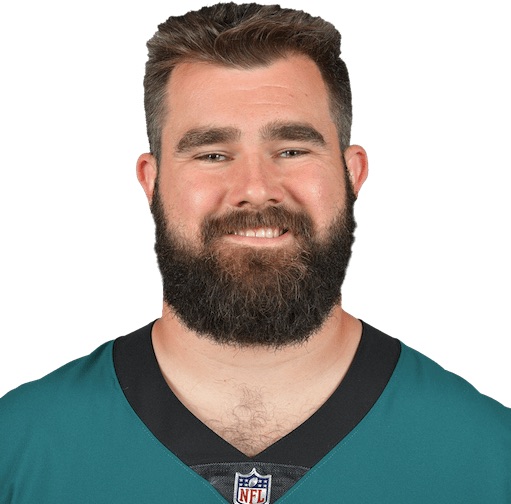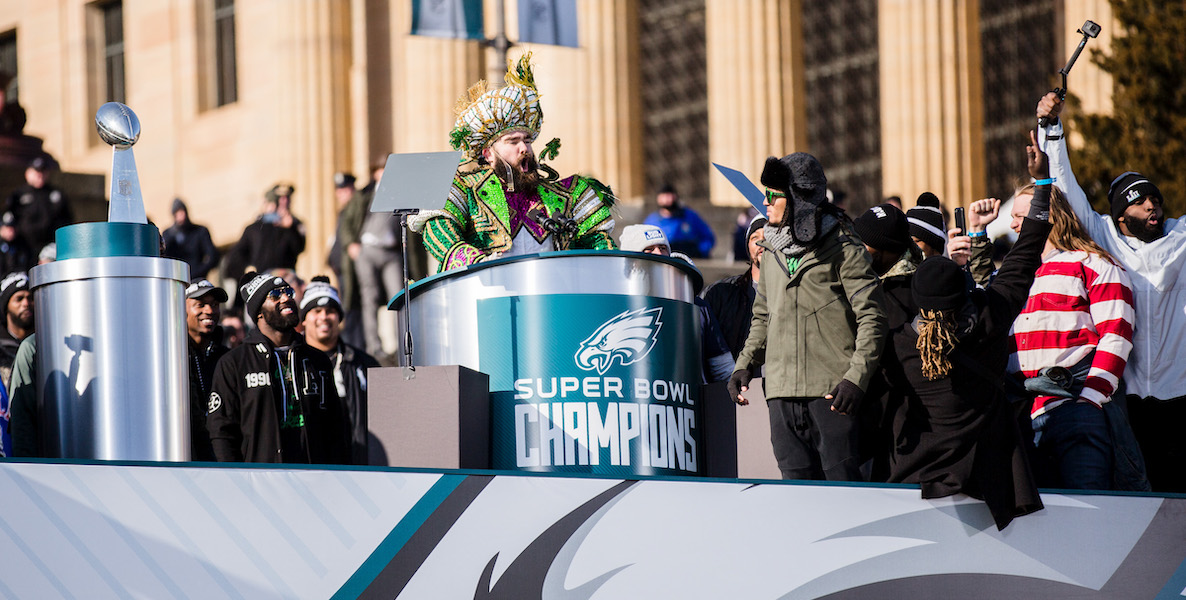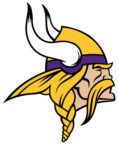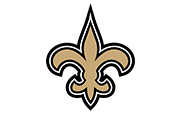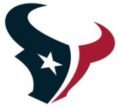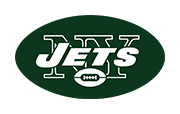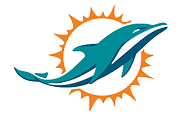Hey, Philly! As we prepare to play the Detroit Lions this weekend, my mind immediately thinks of Motown’s roots there, and the strong legacy of music in that city.
This summer, Detroit public schools put a call out for people’s gently used instruments, with the intention of repairing them and getting them to students.

Prefer the audio version of this story? Listen to this article in CitizenCast below:

As a lifelong music lover, I love hearing news like that. See, back when I was in high school, I not only loved football, I spent all four years playing baritone sax in the jazz ensemble and symphonic band!
Music has always been a big part of my life. You may picture me spring-breaking in Daytona, but in reality I spent every spring break traveling to compete against other schools’ jazz bands. To this day, I still keep in touch with my music teacher, Mr. Baker. There is no doubt that I wouldn’t have been able to play baritone sax without the school providing my instrument, and that was the case for a large percentage of my classmates as well.
And that’s why I was psyched to learn about some awesome work being done to bring music into the lives of Philly students.
It seems like the arts are unfortunately one of the first budget cuts schools often make. But when the School District of Philadelphia cut its music budget from $1.3 million to $50,000, Temple Contemporary Director Robert Blackson created a revolutionary program called Symphony for a Broken Orchestra to fix the 1,000 broken instruments sitting around, unusable, in music teachers’ classrooms.
His program led to the repair of all of those instruments, which over the last year were returned to elated students.
This year, Temple Contemporary is taking another step, delivering instrument repair kits to music teachers, so that obstacles like broken valves no longer have to keep kids from playing.
Elsewhere in the city, there’s such a cool music program at Hill-Freedman World Academy, in partnership with the nonprofit LiveConnections. Students spend a year producing and recording an album under the guidance of local pro musicians.
And then there’s the nonprofit Musicopia, which, since 1974, has been getting donated instruments to students around the region who need them.
All three programs don’t just bring music to Philly students, they bring joy, instill confidence and show kids possibilities.
To that, I say rock on, Philly.
Next week we’ll be playing Green Bay, and I’ll fill you in on a really cool school nutrition program.
PS: If you’ve been paying close attention to our charts, you’ll notice that the numbers for Philly are way different this time; that’s because, this week, we’re focusing solely on traditional public schools and not charter schools. In Detroit, there is no one governing body for charters, so figures are only available for traditional public schools, and we want to make sure we’re presenting you with fair, apples-to-apples comparisons.
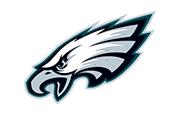
PhiladelphiaEagles |

DetroitLions |
|
# of students in traditional public schools
128,102 |
# of students in traditional public schools
50,176 |
|
% graduated high school
69 |
% graduated high school
77 |
|
% population with a BA
26 |
% population with a BA
14 |
|
$ per pupil
15,000 |
$ per pupil
13,400 |
|
% students economically disadvantaged
73 |
% students economically disadvantaged
86 |
|
% students of color
86 |
% students of color
97 |
|
% teachers of color
33 |
% teachers of color
79 |
|
# students in charter schools
72,337 |
# students in charter schools
36,127 |
|
% special education students
15 |
% special education students
16 |
|
% English language learners
12 |
% English language learners
12 |
Philly Sources: All from School District of Philadelphia except % with a BA from here, and $ per pupil here.
Detroit Sources: All stats provided by Detroit Public Schools Community District except% with a BA from here, and $ per pupil here.


